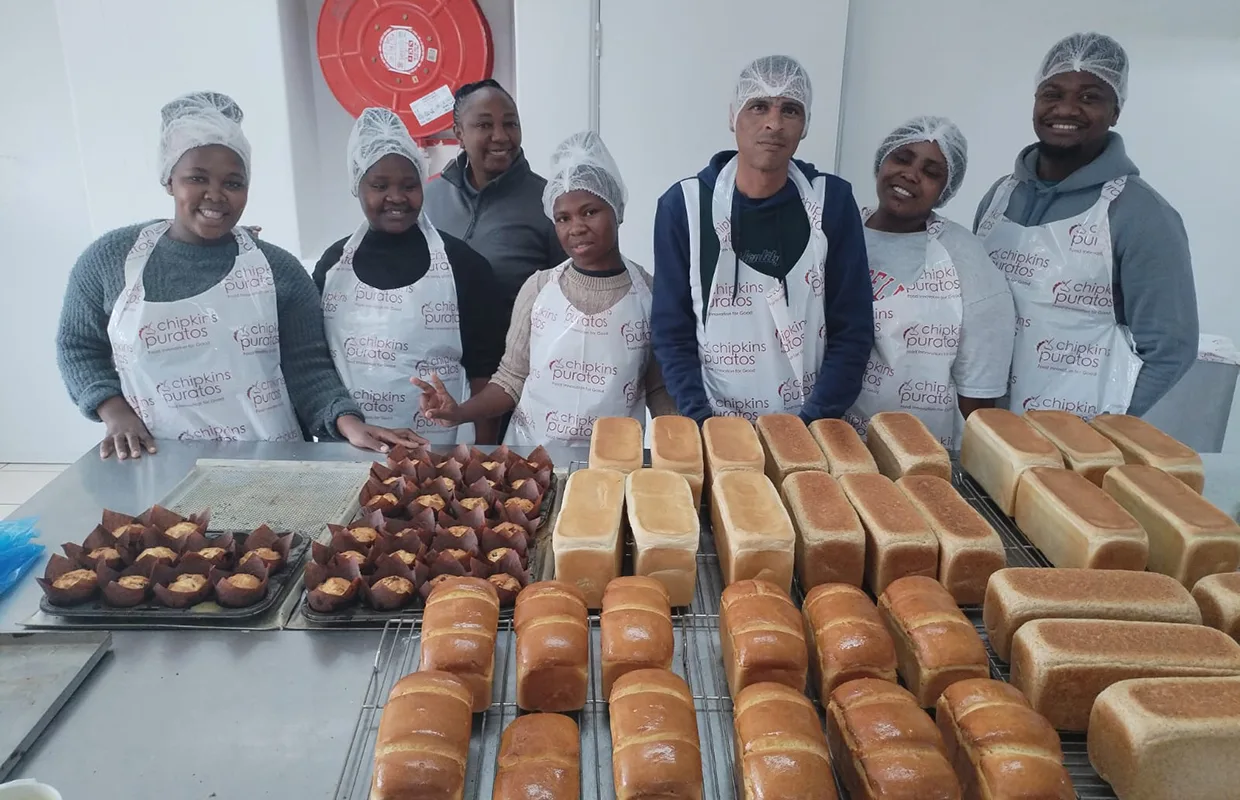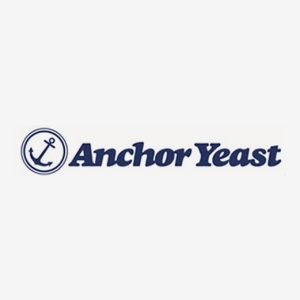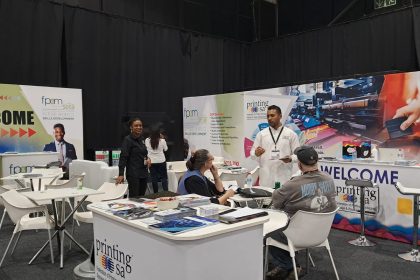Amaro Foods produces and supplies an exquisite selection of bakery products crafted by skilled artisans using high-quality ingredients. Tony Amaro, Founder and CEO, discusses the company’s popular products, community responsibilities, and future focus.
BREADWINNERS CONTINUE TO RISE
Bread has primitive origins as a staple food in early human societies.
It is, therefore, an integral part of many cultures worldwide and has a rich and diverse history, especially in Africa.
With a narrative spanning thousands of years, bread holds both social and nutritional significance. For instance, ancient Egyptians on the prehistoric continent discovered leavening and fermentation techniques to create different types of bread and even used it as currency and in religious rituals.
Today, the rise of the health and wellness movement has spurred renewed interest in wholegrain and artisan bread whilst maintaining its hospitality element.
Breaking bread is one of the oldest family traditions, and when it comes to baking it, few companies are as esteemed as Amaro Foods (Amaro).
The company produces and supplies a variety of baked goods, including soft rolls, flatbreads, croissants, speciality bread, wraps, and hot cross buns across South Africa (SA) to its primary customer, Woolworths. As a regular winner of the Hot Cross Bun of the Year award, its tasty treats are unparalleled.

Established in 1991 by Founder and CEO, Tony Amaro, and his father, the company boasts a strong family heritage and legacy.
With four unique manufacturing facilities across the Western Cape province, it has experienced continuous growth ever since.
“We relocated to Killarney Gardens, and in 2010, we moved to a larger facility in Epping. Our expansion continued with the opening of the wrap factory in Killarney Gardens in 2012, a gluten-free factory in Epping in 2014 and, most recently, a fourth artisanal factory in Montague Gardens,” introduces Tony.
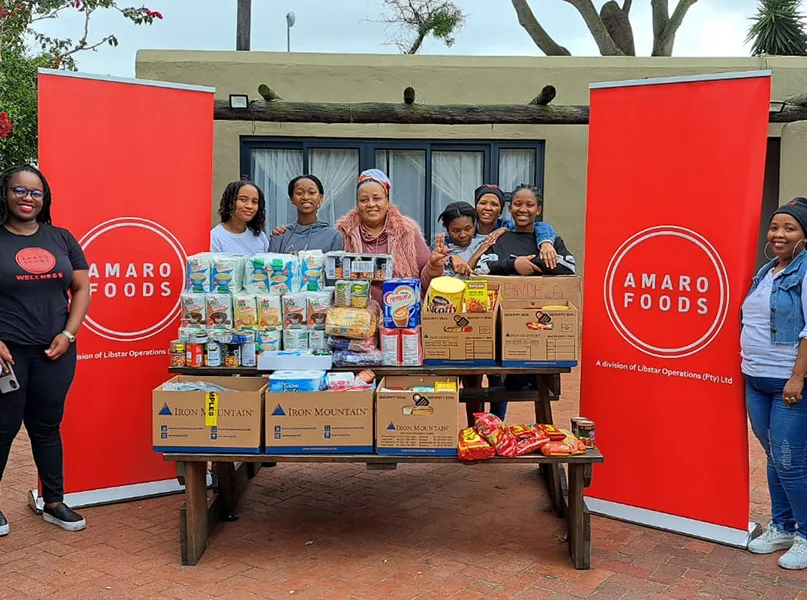
TRENDS AND TECHNIQUES
The food market in Africa is currently experiencing a shift towards healthier options such as wholegrain and gluten-free breads.
“It is an exciting space to work in as it is driven by evolving market trends, and we have seen phenomenal growth in sourdough, flatbread, and gluten-free items. We expect these trends to continue alongside the focus on health-conscious products and convenience,” Tony delights.
Consumers are increasingly opting for organic and locally-sourced bread products in search of a more sustainable and transparent food supply chain, whilst there is also rising demand for artisanal and speciality options.
Tony attributes the rising popularity of such products to the use of fewer ingredients compared to other types of bread.
“They are made over a longer period, which breaks down the gluten and allows them to be digested more easily. The whole process results in better flavour, making them more popular for the health-conscious consumer,” he states.
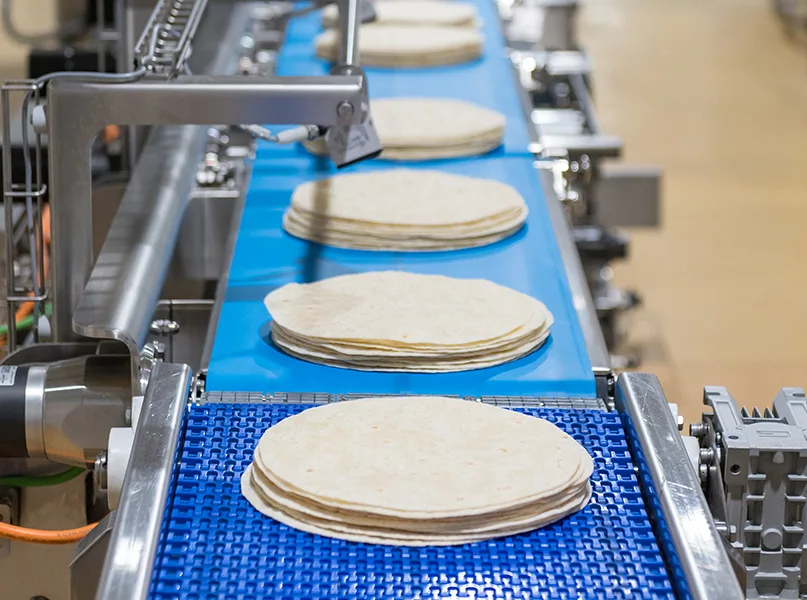
Sourdough bread is one of the preferred options as it is easier to absorb than typical white bread and beneficial for gut health.
“We’ve had our sourdough starter for a long time; we pride ourselves on the age-old task of bread baking and believe in using the fewest and healthiest ingredients available. The bulk of our wheat flour products are made with stoneground flour,” Tony maintains.
A sourdough starter is a living culture that contains wild yeast and lactic acid bacteria, which help the bread rise.
Stoneground flour is wholegrain flour made using the traditional method of grinding grains between two millstones, unlike mass-produced flour made using roller mills.
“Our processes include both manual and fully automated production lines, and we have state-of-the-art wrap equipment that can produce up to 50,000 units per hour. We also utilise fermentation tanks which ensure that our sourdough starters are properly maintained,” outlines Tony.
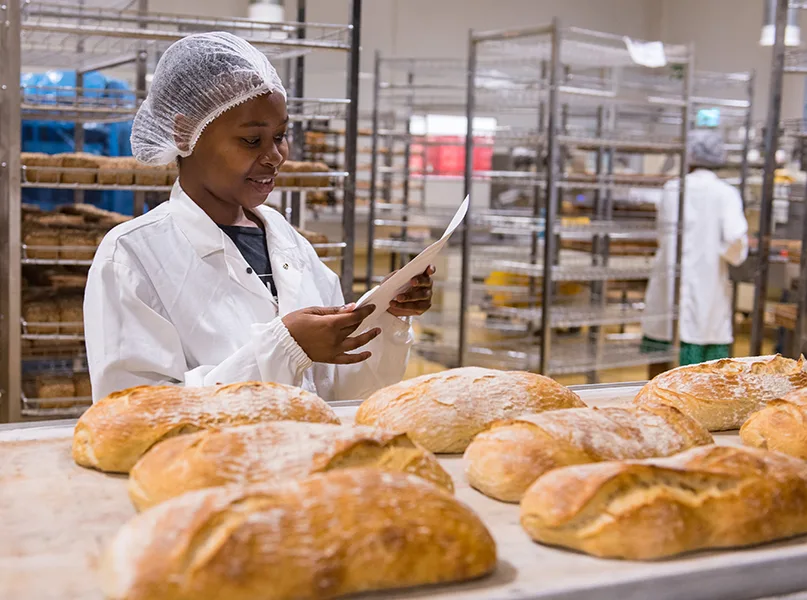
BAKED WITH PURPOSE
Amaro has significantly enriched the communities it serves through strategic partnerships with various organisations dedicated to the fight against hunger.
By collaborating with these groups, the company not only addresses food security needs but also fosters a spirit of solidarity and resilience.
Since 2019, SA Harvest has been committed to ending hunger and reducing food waste through food rescues, education programmes, and sustainability initiatives.
Amaro is a generous donor, providing bread in many forms to beneficiaries in Cape Town every week.
“The internal corporate social investment (CSI) initiatives we partake in are also aligned to the communities we operate close to, such as Langa and Dunoon,” Tony impassions.
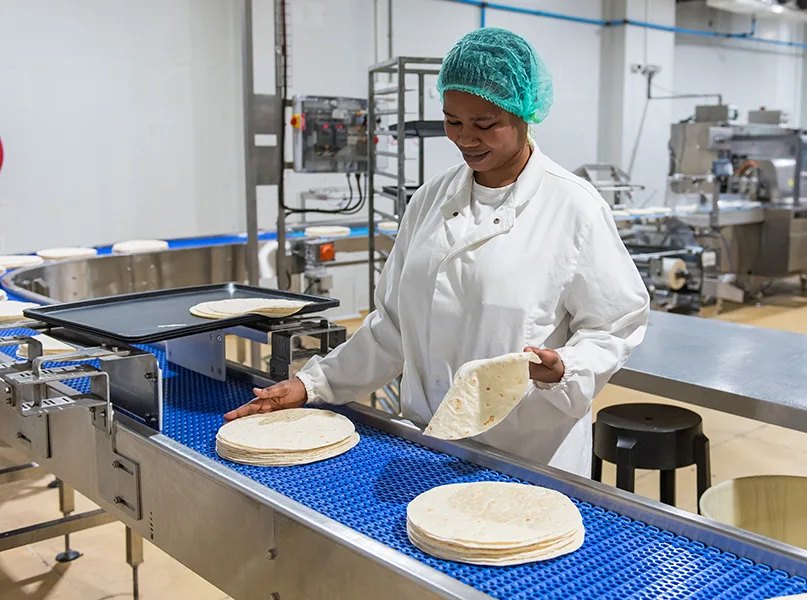
Amaro proudly supports these underprivileged communities, as a significant number of its employees reside in these areas.
This commitment underscores the company’s belief in fostering positive change and providing opportunities for those who contribute to its success.
“We offer employment opportunities, baking skills programmes, and production leadership to the people needing work in communities where we are located. Approximately 80 percent of our workforce is based in informal settlements and townships close to our facilities,” he expresses.
The company considers its employees to be its biggest asset and, as such, recognises that they are an integral part of Amaro’s success and growth.
Reinforcing their value and vital role in making a positive impact beyond the bakery encourages community spirit and demonstrates the team’s dedication to social responsibility.
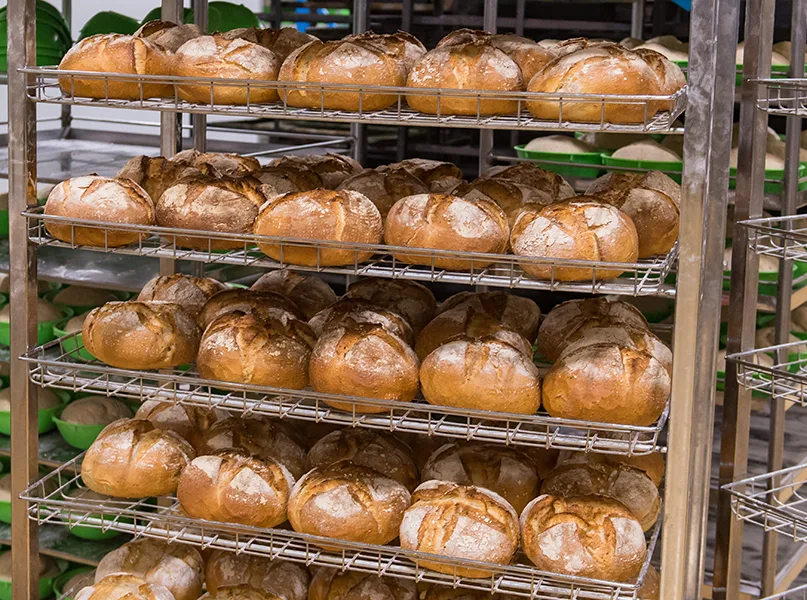
INNOVATION AND DETERMINATION
Amaro is looking at new investments such as product and employee development, corporate social responsibility (CSR), facility expansion, technology and automation, and sustainability initiatives.
There has been a significant investment in developing various product lines, including wholegrain, gluten-free, sourdough, and artisanal bread.
This investment not only caters to evolving consumer trends but also places a premium on health-conscious options.
“We are looking at a gluten-free wrap line, as it is a growing category, and we believe our customers deserve top-quality products. Moreover, to align with our priority of reducing our carbon footprint, we have installed solar power at our flatbread facility,” Tony shares.
Additionally, the company has integrated state-of-the-art equipment in its production lines, including fully automated systems that can produce a high volume of products efficiently.
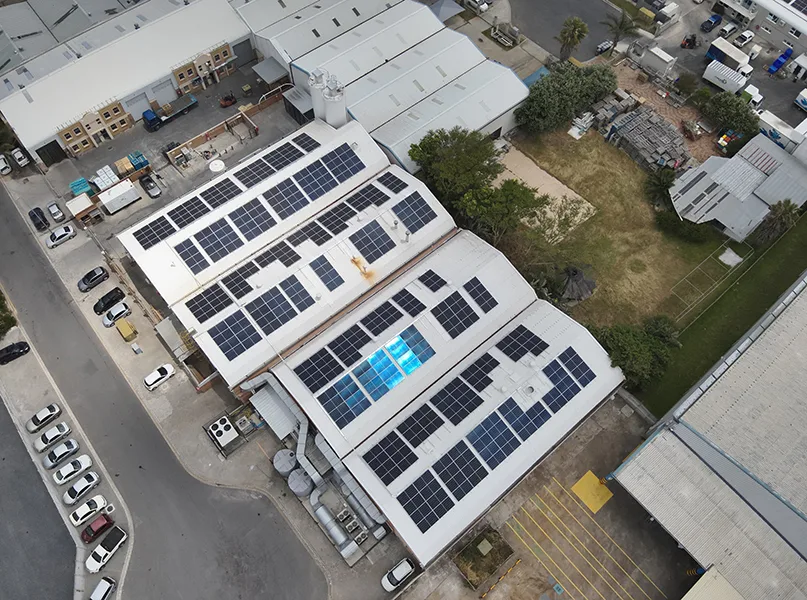
The utilisation of fermentation tanks and advanced wrapping equipment, meanwhile, enhances product quality and consistency.
Flatbreads are amongst the oldest foods worldwide, providing the ideal canvas for innovation and new flavours, making their high versatility popular.
However, products are not Amaro’s only focus – people also feature high on this year’s agenda.
“A big emphasis is on the various talent management strategies we intend to roll out in 2025. Many short-term projects are underway for the coming year, but our strategic long-term goal is to turnover ZAR1.2 billion by 2031,” Tony concludes.
These strategic investments reflect Amaro’s commitment to growth and community engagement whilst producing high-quality baked goods that meet the changing needs of consumers.



